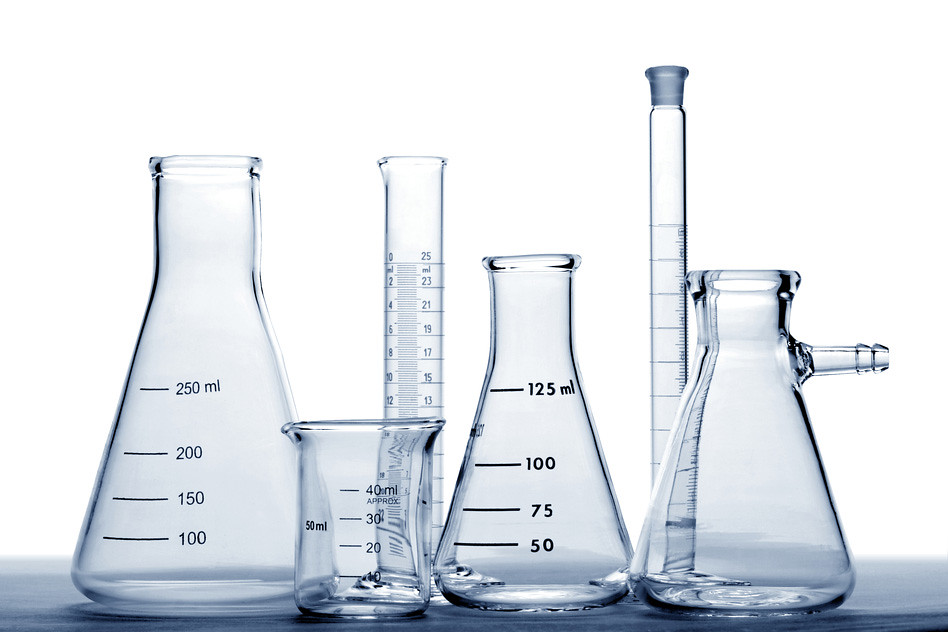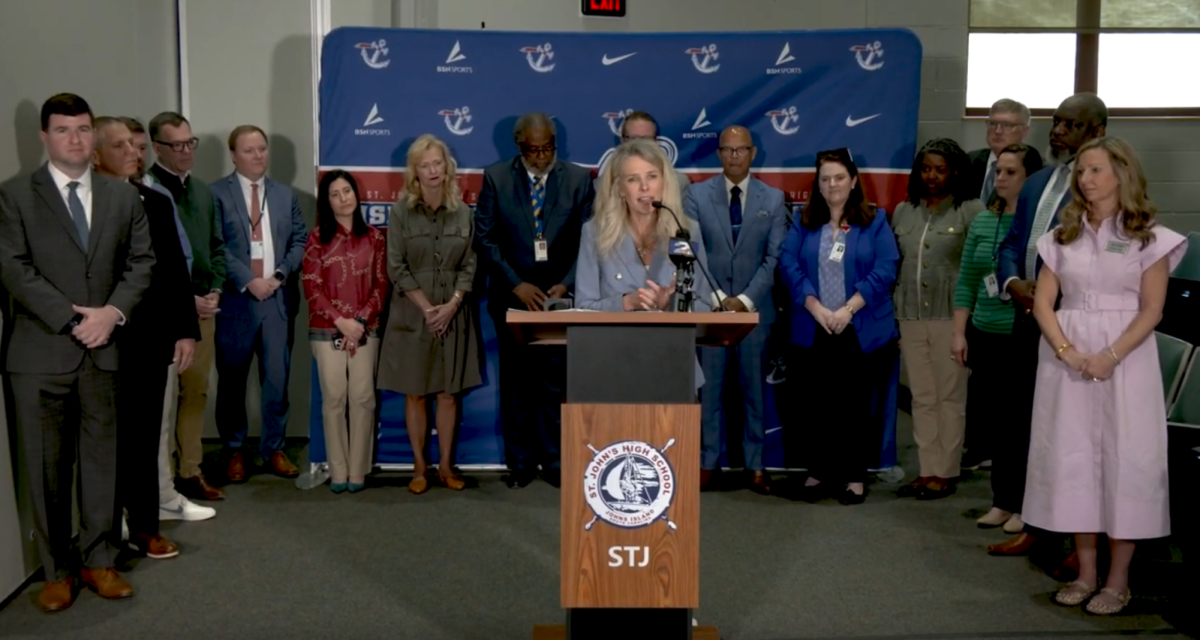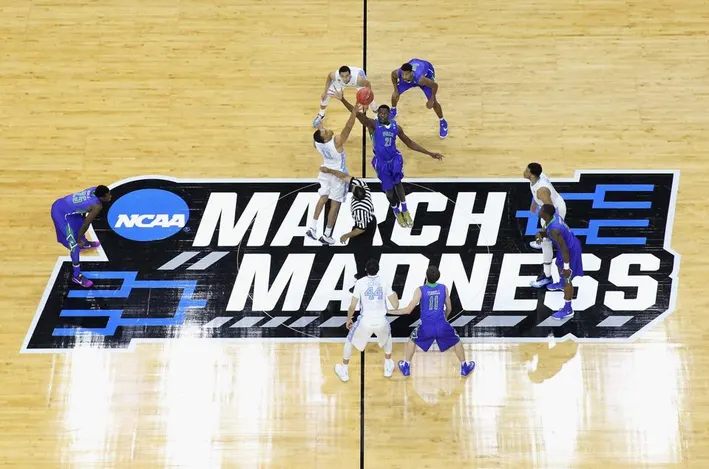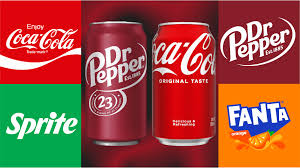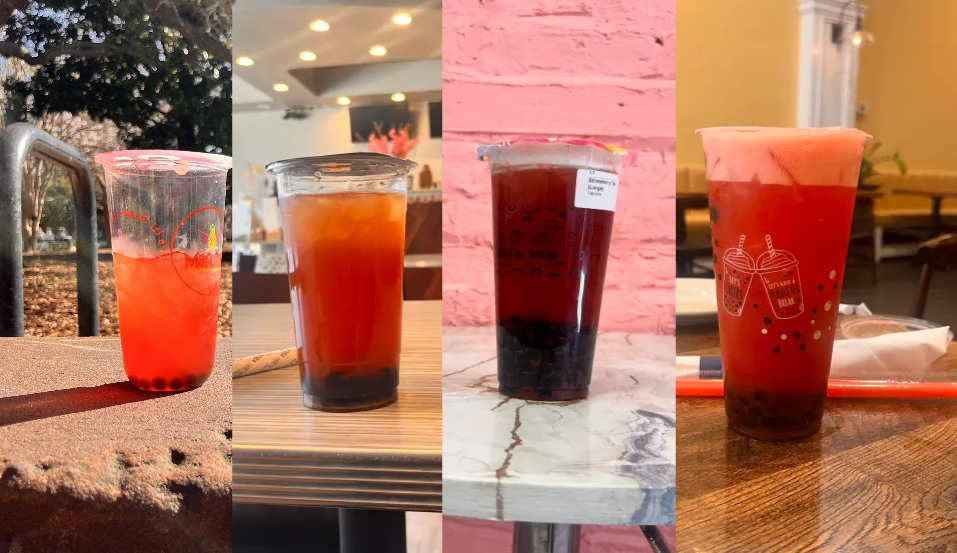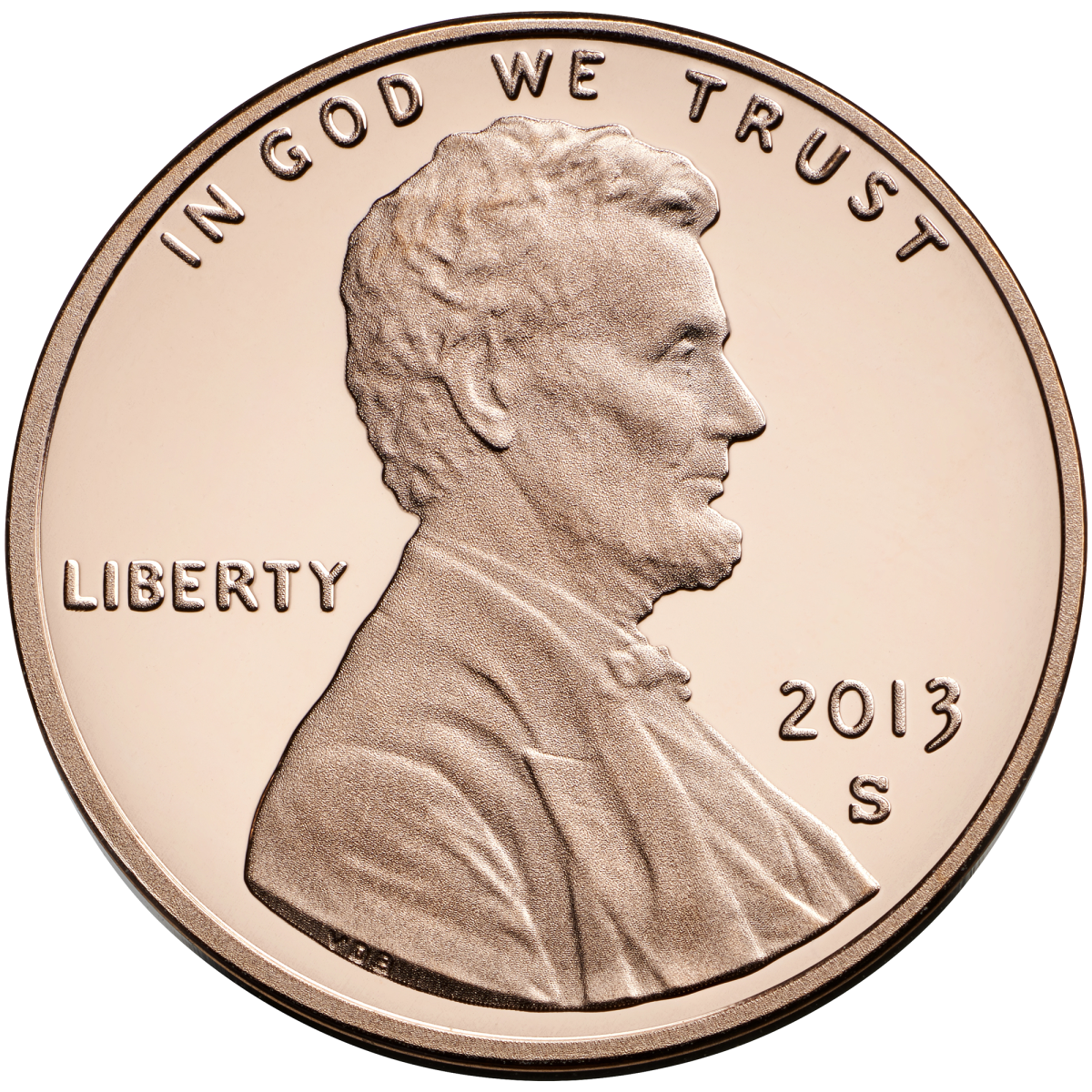One of the most exciting parts of senior year is the ability to have more freedom in which classes you can take: by this point, most students will have finished their core requirements, meaning there is less restriction in which classes they can sign up for. A frequently anticipated part of class choice is picking a math class, as this is the year that most students get to decide which kind of math they want to take – any one of the three calculus classes, or statistics. However, a part of class choice that often goes unmentioned (which is surprising, given how diverse it is) is the process of choosing your final science class.
Here at Magnet, most students are locked into the rigid schedule of biology in freshman year, chemistry in sophomore year, and physics (AP or honors) in junior year. However, once you become a senior, the list of choices you have in terms of science classes increases dramatically. If throughout the last three years, you hadn’t taken any other science classes during the year, the classes you could take this year are as follows:
- AP Biology
- AP Chemistry
- AP Physics 1
- AP Physics C: Mechanics
- AP Physics C: Electricity and Magnetism
- AP Environmental Studies
- Environmental Science
- Marine Science
- Anatomy and Physiology
That adds up to nine classes in total, meaning the question is a lot more complicated than most anticipate! However, each class has its own strengths and weaknesses, and some students are better suited for one class over another. For some who are looking to fill their schedule with AP classes, they may look towards AP Bio or Physics, while others are looking for a more laid back class. Some of this year’s seniors were willing to provide their perspective on their respective class now that the year is nearly complete, so when you’re making the choice to sign up for your next science class, keep this information in mind.
AP Biology is a difficult class, according to Meredith Finley, but she says “it was worth it because everything we learned was very interesting.” There is a lot of information to memorize in this class, but Meredith also added that there was a lot of time to review in class. The teacher, Ms. Phillips, reportedly gave her students a good amount of time to do their work in class, meaning that the workload outside of class was not too intense. Most of the outside work was simply studying for the quizzes and tests, which were “not super easy, but they were manageable, and we got to do test corrections.” All in all, Meredith recommends this class to any interested underclassmen, especially if you are interested in a science-related major in college.
AP Chemistry is in a similar boat – Emma Fang described her experience in this class as “glorious,” saying that the workload in the class was quite manageable and consisted mostly of regular practice sets, AP Classroom practices, and labs that were not due for several class periods after. Many of the labs in this class are independent, as Emma says that “we were given an objective and materials and expected to design our own procedure, so it took a bit of getting used to, but I eventually adapted. Additionally, some of them were pretty tedious (titration is a Lot of waiting, for example).” Mr. DeVenio is reportedly a pretty laid-back teacher, but is also always happy to answer any questions on the material. All in all, Emma recommends AP Chemistry to any interested underclassmen wholeheartedly.
However, as opposed to the previous two APs, the AP Physics classes (taught by Ms. Desbrow) are in another realm entirely. Zachary Butler and Nikki Wu both took AP Physics C: Mech and E&M this year, and the common consensus is that the classes were immensely stressful. Both classes were on the same day this year, and the workload is intense – intense enough that Zach claims he’s had nightmares about the class before. Nikki says that “I feel being overloaded with busy work actually made it harder for me to grasp the concepts because instead of being given space to digest them on my own, I just rushed through everything so I wouldn’t have late work.” Zach supports this statement with his own experiences, saying, “If you aren’t interested in engineering, absolutely do not take this. If you are, then sure take them but only if you have like 10 hours a week to devote to these classes.” Essentially: only take AP Physics C if you’re really, really dedicated to the class.
As opposed to the physics classes, Environmental Science is a much more laid-back class. While I wasn’t able to survey anyone who took the AP version of this class, Talia Barsness rated the honors class a 10 out of 10. While she wasn’t able to take AP Environmental due to a schedule mix-up, she “ended up really enjoying this class and I don’t regret taking it.” The workload was super light, but Talia still learned a lot, and she enjoyed the class despite not being much of a science person.
Marine Science is a bit higher up on the difficulty curve – Peyton Schultz describes the content as “difficult and unforgiving,” and her assessment is quite accurate. There is a lot of information to learn in this class, and the quizzes and tests are the furthest thing from easy. There are a lot of field trips in this class, including trips to Folly Beach, the SC Aquarium, and Dewees Island, but there are also frequent assessments and projects. The biggest assignment in this class is a year-long project where you are assigned a spartina plant and have to determine how various factors impact its growth, with a lab report each quarter that culminates in a research paper by the end of the year. This class is a fun and interesting one, but there is a lot of studying to be done, so don’t sign up for Marine Science and expect an easy A.
Finally, the last science class you can sign up for is Anatomy and Physiology, which is notorious for its content (and the dissections). According to Brookelynn Gorrin, there are some units in this class where Mr. McCormick will give quizzes in every single class period. Similarly to Marine Science, she also says that “You and your group are also required to make an accumulative portfolio throughout the year which covers all required information, it is very helpful when studying.” This class was reportedly one of Brookelynn’s favorites over the course of senior year, and she recommends it to anyone who wants to pursue a health related major.
Overall, there are a ton of different options in store for any kind of future science-related profession, as well as classes for those who simply aren’t that interested in science. Picking the right classes is very important for the optimal senior year experience, so make sure you choose wisely!



